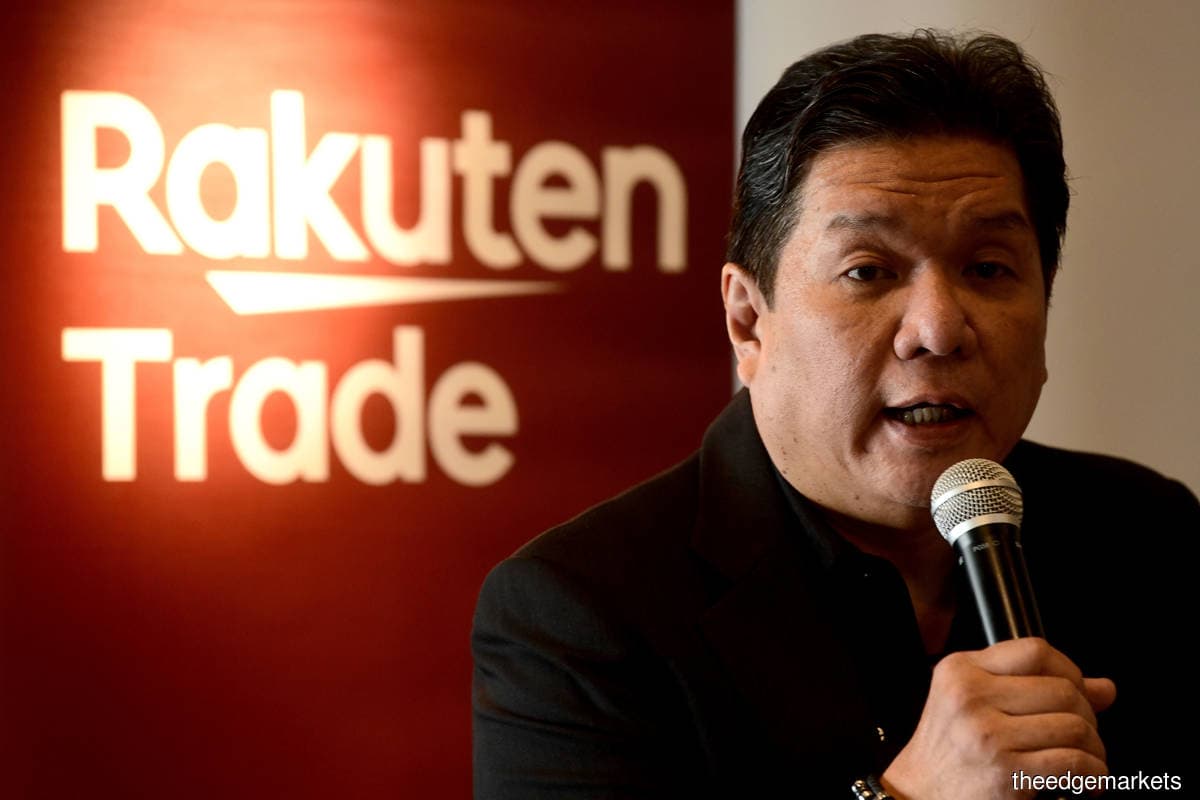
KUALA LUMPUR (March 17): Rakuten Trade said it will not be surprised if foreign funds make a U-turn back into the Asia market over the next couple of months, amid the erratic US market and the recent banking debacle.
Rakuten Trade head of research Kenny Yee said that investors are getting more risk-averse, seeing that the volatility in the US and Europe is increasing, and will shift their attention back to Asia, which they have been ignoring since the 2020 pandemic period.
“With their abundance of liquidity, they have been comfortable trading within their own market, but now with high risks there, I think they have no choice but to start looking at Asia again,” Yee said in the firm’s virtual media briefing on Friday (March 17) regarding Malaysia's second-quarter market outlook.
“There will certainly be a realignment of their portfolios. Some foreign funds will look to diversify their portfolios, especially for the financial sector. I think they are selling Western banks to look at Asia banks which, I say, are more stable and better capitalised.”
Foreign shareholding in Malaysia had touched the lowest at end-2021 at 11.35% but the situation improved, underpinned by the net foreign inflow of RM3.1 billion in 2022, Yee observed.
However, he also pointed out that foreign flows have been far from convincing so far in 2023, with a foreign outflow of RM348.3 million in January and RM168.2 million in February. Foreign shareholding dropped to 12.51% in January compared to 12.82% in December last year, but rose slightly to 12.6% in February. Foreign funds have been on a net outflow for the past six months in a row.
“I think South East Asia’s valuation is still the most attractive. If you look at the estimated price earnings ratio (PER) in 2023 figures, we are trading way below our five-year average PER,” Yee said.
He listed major regional indices such as Singapore’s Strait Times Index with estimated PER at 10.8 times versus five-year average PER at 16.6 times, the Stock Exchange of Thailand with estimated PER at 15.5 times versus five-year average PER at 22.1 times, and Malaysia’s FBM KLCI with estimated PER at 13.6 times versus five-year average PER at 17.5 times.
“We believe foreign funds will make a U-turn back to Asia, as prevailing low valuations remain as the star attraction. Malaysia will enjoy some spillover effects, hence providing the much required liquidity in the market,” Yee said.
Rakuten Trade anticipates the FBM KLCI to touch 1,630 by end-2023, based on a 15.5 times PER.
When asked how soon will foreign funds return to Asia, Yee said: “I am not surprised at all if they will make a U-turn over the next couple of months, to take advantage of the low valuation of the market and also the low currency of the respective countries, especially in Malaysia”.
Rakuten Trade vice president of equity research Thong Pak Leng, who was also present at the media briefing, echoed along and said foreign funds cannot remain in the US, where there is no growth.
“In terms of growth earnings, Southeast Asia or Asia Pacific is the region where we will see growth, and money should get into this region,” Thong said.
Read also:
Rakuten Trade sees no threat of new financial crisis
Banking, telco and construction are top sector picks in 2023 for Rakuten Trade
Rakuten Trade sees more room for growth in Asia markets, advises investors to buy on weakness
Ringgit set to strengthen and close 2023 at 4.1-4.2 against US dollar, says Rakuten Trade
